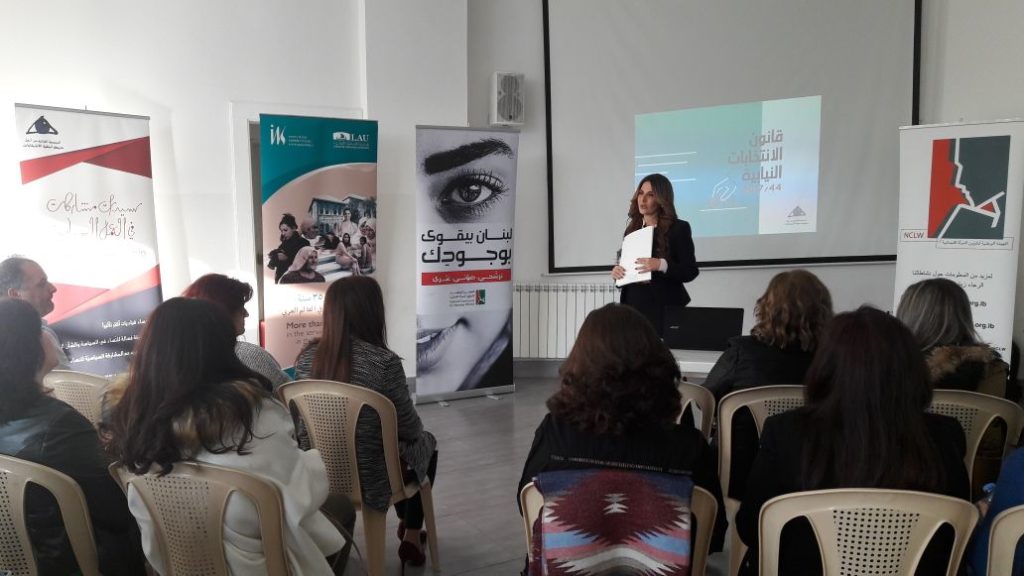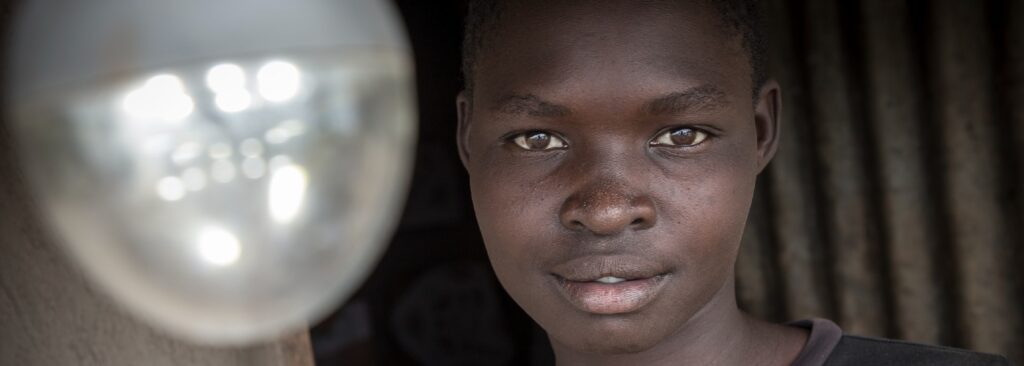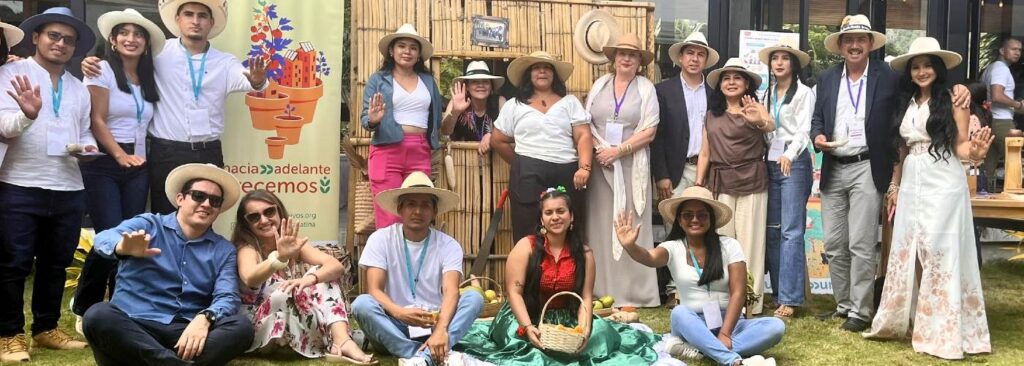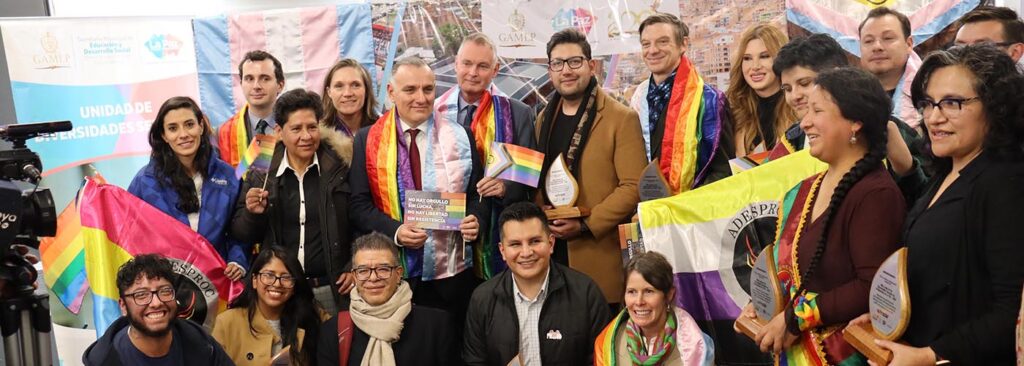Hivos Lebanon WE4L partners hold a series of townhall meetings on the “Electoral Law and Women’s Political Participation”
By Noura El-Turk
Hivos WE4L partner Lebanese Association for Democratic Election (LADE) held a townhall meeting on the “Electoral Law and Women’s Political Participation” at the American National School in Zahle on 10 April 10 2018 in collaboration with the National Commission for Lebanese Women (NCLW) and the Institute for Women’s Studies in Arab World (IWSAW).
This was part of a series of 7 townhall meetings held in various regions of Lebanon, including Baabda,, Sidon and North Lebanon. Their aim was to discuss the new electoral law, focusing on its obstacles and opportunities for female voters and candidates.
LADE assessed the law from a gender perspective and explained the voting system during E-day. They also delved into the challenges and pressure that female voters might experience prior and during elections.
A record 114 women registered as candidates for the 2018 Lebanese elections, a much higher number than the 12 female candidates that ran in 2009. This significant increase reflects the perseverance of women attempting to build political careers with campaign funding or communal support.

Maya Zaghrini, a member of NCLW’s General Assembly, Ms Zagherini stressed importance of voting, urging everyone to take part since it is the only means for change. ‘In My Hand’, a video created by IWSAW that addresses gender equality, women’s rights and female representation in Lebanon, was also screened.
Mohamed Jabbara the townhall moderator from LADE, introduced the new electoral law, which was followed by a discussion on proportional representation and voting procedures. A short video produced as part of WE4L by LADE illustrating the stereotyping of women in Lebanese society. Jabbara focused on the increase in female candidates despite the lack of a women’s quota, as an important achievement and the need to build on it after the elections.
We noted that during the townhall meeting, the mostly female audience was highly engaged and motivated by the progress being made by women in the political sphere.



